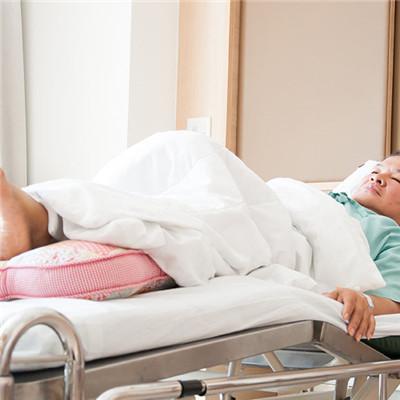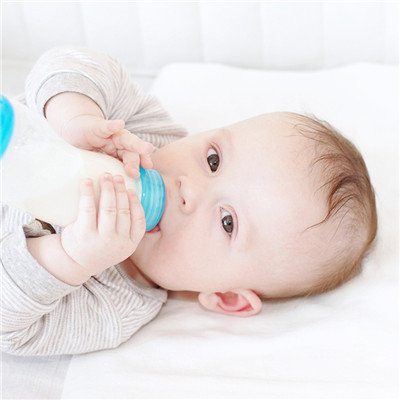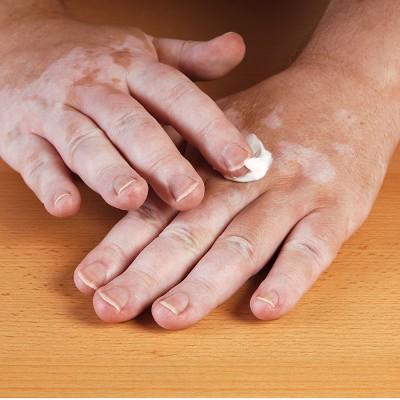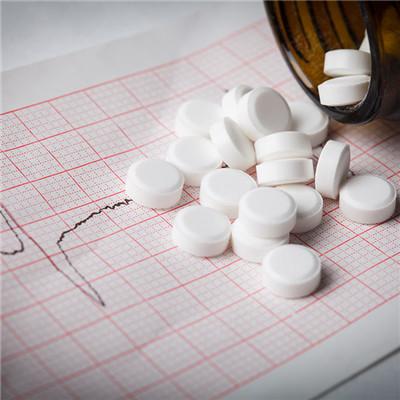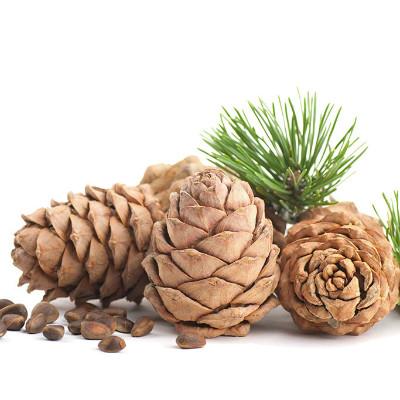Diet precautions for colitis
summary
Colitis is the general term of a group of diseases, which includes specific and non-specific two categories. Although there are differences in various types of colitis, the basic pathology is congestion, edema, increased fragility and easy bleeding of colonic mucosa. The clinical manifestations include abdominal pain, diarrhea, bowel sounds, abdominal distension, falling, stool with mucus or pus blood, constipation or dry thin alternately, lingering course of disease, repeated attacks and other characteristics, ranging from a few months to several decades. Due to digestive dysfunction and lack of nutrition, there may be emaciation, anemia, fatigue or even weakness. In severe cases, intestinal bleeding, intestinal perforation and even canceration are often complicated . What does colonitis diet notice have?
Diet precautions for colitis
1. Should not eat greasy food: ulcerative colitis diarrhea often accompanied by fat malabsorption, severe cases with fat diarrhea. Therefore, the amount of dietary fat to limit, should use less oil food and less oil cooking methods. For those with steorrhea, medium chain fatty acids, such as coconut oil, can be used.

2. Should be careful to eat seafood: Chinese medicine will be listed as seafood "hair" is reasonable, seafood protein is different from the protein we often eat in food, some heterogeneous protein easily cause allergy, aggravate the inflammatory reaction, so patients with ulcerative colitis must be careful to eat seafood. Milk and dairy products are not recommended in active period.
3. Avoid irritant food, spicy irritant food: can cause adverse stimulation to gastrointestinal tract. Therefore, patients with ulcerative colitis should be taboo pepper, mustard, wine and other spicy food, eat less garlic, ginger, green onion. Don't eat too cold or too hot food. In summer, avoid cold drinks and foods just taken out of the refrigerator.

matters needing attention
Pay attention to protein and vitamin intake. In order to supplement the nutrition consumption caused by long-term diarrhea, we should choose more digestible protein foods, such as fish, eggs, bean products, green leafy vegetables, fresh fruit juice and vegetable juice. The digestion and absorption function of patients with chronic enteritis is poor. It is advisable to adopt semi liquid diet or soft food with less residue, and the amount of food taken at one time should not be too much.
